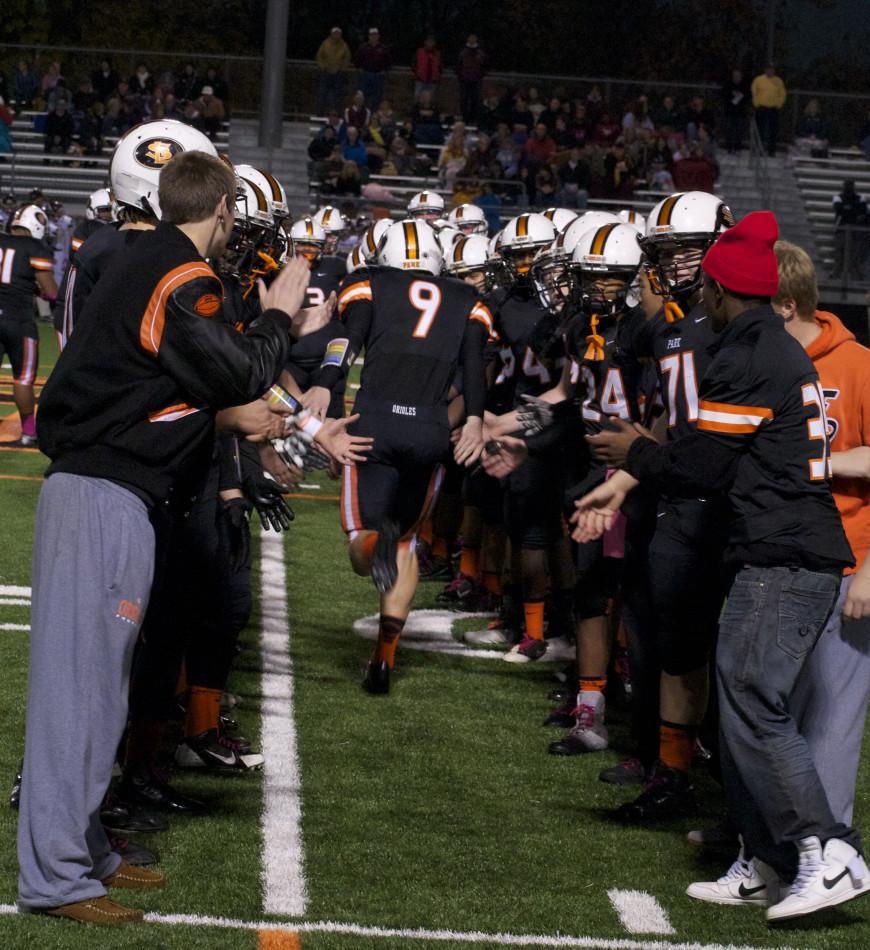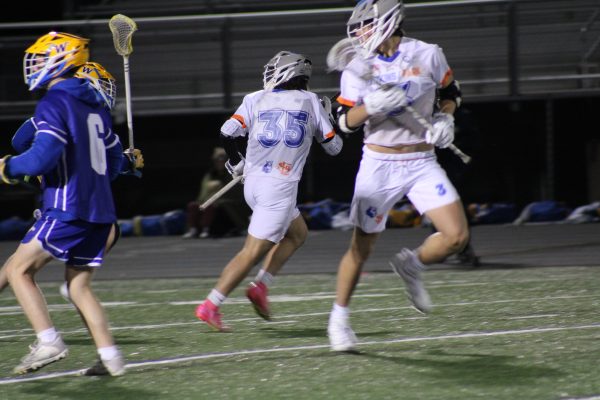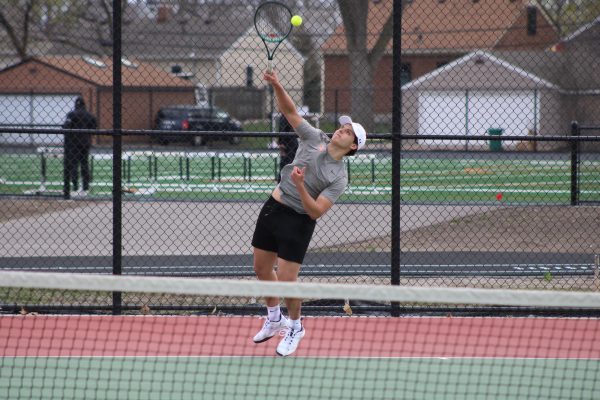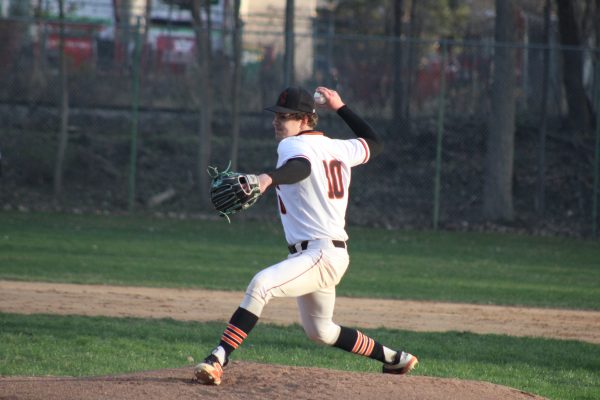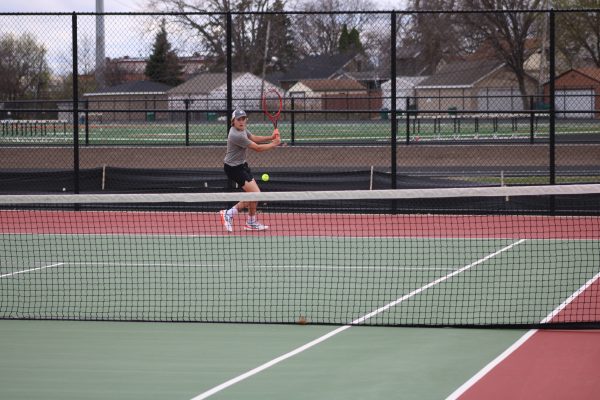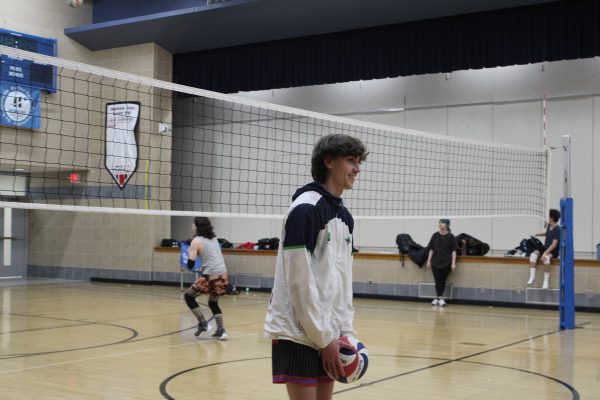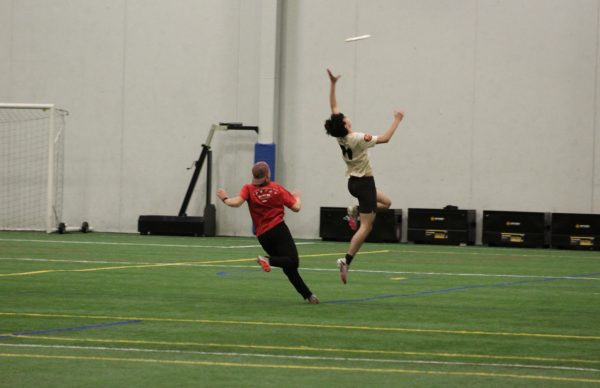No place like home
“Home field advantage” study has historical support
March 5, 2014
Throngs of cheering middle and elementary school boys look up at the high school team marching in front of them while Park Loyalty begins blasting from the pep band. Hundreds of people are there to see the team succeed.
A study supporting the piece of conventional sports wisdom of “home-field advantage” was recently published by The Association for Psychological Science. The study attributes the advantage to a range of factors including but not limited to crowd support, locally biased referees, inclination to protect your own territory and familiarity with your home field.
Dr. Mark Allen, a senior lecturer in sport and exercise psychology at the London South Bank University, and the author of the study, said although the conclusion of the study is universal, the contributing factors differ among varying levels of competition including high school sports.
“The motives for athletes do differ at different competitive levels,” Allen said. “Professional athletes tend to have a greater motivation for success whereas recreational level athletes have a greater motivation for participation for enjoyment and interpersonal relationships.”
Although short of the professional level, Park athletics showed a similar trend. The Echo conducted research comparing and collating Park athletics win-loss ratios since 2009 of football, boys’ and girls’ hockey, boys’ and girls’ basketball, boys’ and girls’ soccer and softball. The majority of sports compared have won more games at home, than away.
Park athletic director Andy Ewald said he isn’t surprised by the study’s findings.
“I think you tend to have more fans when you’re at home,” said Ewald. “You’ve got more people cheering and encouraging you on which, I think, at least in my experience, helps and matters. I would assume that still holds true for athletes today.”
Some athletes agree with Ewald’s experience and the conclusion of the study. To players like softball junior captain Lauren Resnick, the nature of gameplay shifts based on the game’s setting.
“Playing at home feels more safe. It feels like no matter what, you’re gonna get the win because that’s where you practice everyday,” Resnick said. “Playing away feels kind of hectic because you’re going into a new place where it kind of feels like starting over. The energy changes completely.”
However, the energy on the field can be felt from the stands as well. Park football fan junior Adrian Gonzalez said he feels his presence at games has an impact on the team’s performance.
“When there are more fans in the stand, the team does better,” Gonzalez said. “They feel more encouraged to succeed.”
Sophomore soccer player Ben Chong said familiarity to the location can improve confidence and field-awareness, resulting in higher chance of a win.
“I believe that it’s much easier to win on your home field,” Chong said. “You’re used to the way the ball rolls and the feeling of that particular field.”



